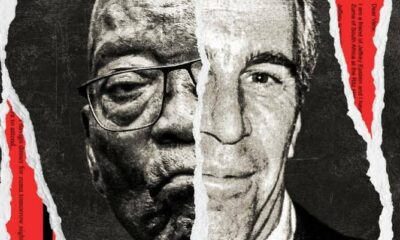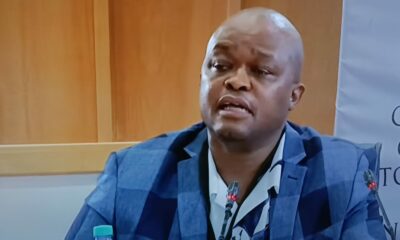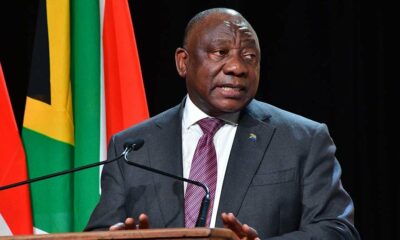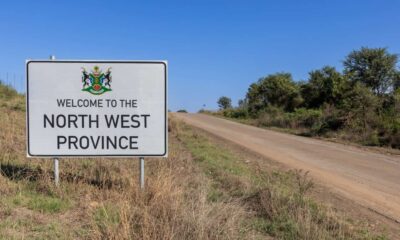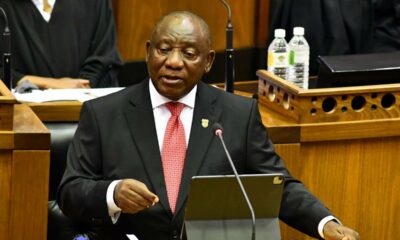News
Ramaphosa’s Funding Shake-Up Sparks Fears Of Secrecy In SA Politics
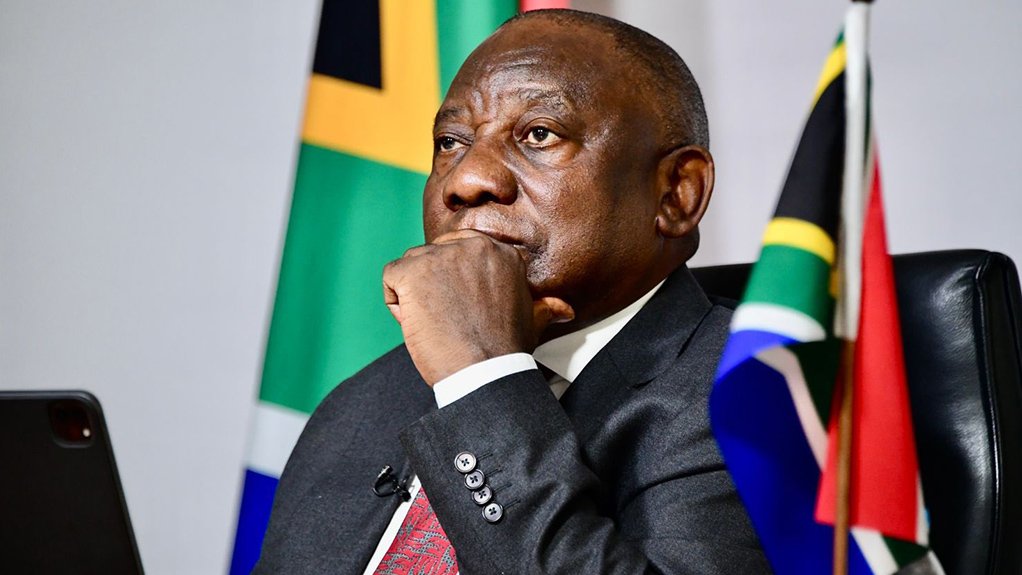
South Africans are once again asking tough questions about the health of the country’s democracy after President Cyril Ramaphosa signed off on controversial revisions to political party funding rules.
The new changes double the donation disclosure threshold from R100 000 to R200 000 and raise the annual donation cap from R15 million to R30 million. Critics say this shift opens the door for political parties to quietly pocket large sums of money from private donors without having to tell the public where it came from.
Why The Changes Matter
For most South Africans, R200 000 is more than a year’s salary. Under the revised law, political parties will not need to disclose donations below that amount. That means a wealthy businessperson or lobbyist could make multiple six-figure donations without ever appearing on the record.
At the same time, the R30 million annual cap allows a single donor to wield even more influence over a party’s finances, further entrenching money as a major player in politics.
Civil Society Backlash
Civil society groups have wasted no time voicing concern. My Vote Counts, an NGO focused on transparency, has already taken the matter to court, arguing that the new rules deepen secrecy and weaken public accountability.
“This creates fertile ground for corruption,” warned Joel Bregman, who leads the group’s money-in-politics programme. He pointed to four years of disclosure data showing that just a handful of wealthy individuals already dominate South Africa’s political funding landscape. The revisions, he said, give them even greater power.
Election analysts like Michael Atkins echoed this sentiment, noting that the jump is far higher than what inflation adjustments would justify. The concern, he argued, is not just the amounts themselves but the president’s discretion in making these changes.
Political Context And Timing
The decision comes at a time when the ANC itself faces financial strain and declining public support. Some analysts argue that the move could help South Africa’s ruling party shore up cash reserves ahead of future elections but at the expense of transparency.
The optics are especially sensitive given the ANC’s long-running battles with corruption scandals and internal divisions. For many South Africans, loosening the rules on donor disclosure feels like the wrong move at the wrong time.
The Bigger Picture
The revisions highlight a long-standing tension in South Africa’s democracy: how to balance the need for well-funded parties with the public’s right to know who is bankrolling them. While Ramaphosa has leaned on parliament’s recommendation to justify the increases, watchdogs argue this sidesteps the broader principle of transparency.
Ultimately, the fight is not just about numbers. It’s about whether South Africans can trust that their democracy is being shaped by voters at the ballot box or by powerful donors behind closed doors.
Source:Citizen Online
Follow Joburg ETC on Facebook, Twitter , TikTok and Instagram
For more News in Johannesburg, visit joburgetc.com

